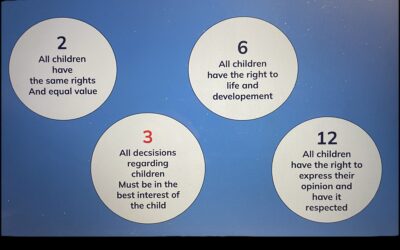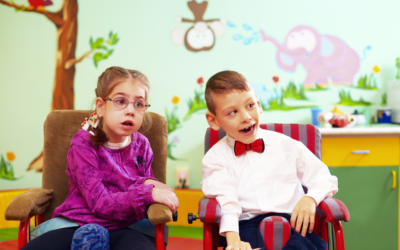Over the past six months, I have encountered parents who, during visits to the pediatric neurologist, have been, to say the least, horrified. Their children, under 1 year old, have received diagnoses, but what’s worse, the parents have been given the message that ‘there’s nothing you can do or train, no, the child shouldn’t have to do that, it won’t help anyway’. Perhaps the doctor has a different understanding of what was said, but unfortunately, I’ve heard this for several years and choose to believe the parents. A mother said, ‘What do they want? Do they want us to throw her to the wolves?’ – mostly horrified by the way they’ve been treated. One family was so devastated that they went to their home country to seek support. This raises many questions about attitude and prognosis that no one has asked for, and above all – how can one not expect any development? And how can one say that training shouldn’t be done? If one has that attitude, then perhaps alarm bells should ring – maybe what we’re doing are the wrong interventions since they’re not helping? The need for knowledge regarding training and treatment of children – not just compensatory measures, but teaching children to control their bodies – that science needs to be supported and developed. When pediatric neurologists convey contradictory messages, it can lead to confusion and frustration among parents. It may undermine their confidence in the medical advice they receive and hinder their ability to make informed decisions about their child’s care. This inconsistency can also impact the child’s treatment and progress, as conflicting guidance may result in hesitation or reluctance to pursue certain interventions. Ultimately, clear and consistent communication between medical professionals and families is essential for effective collaboration and the best outcomes for the child.
Attitude and expectations
29/02/24

